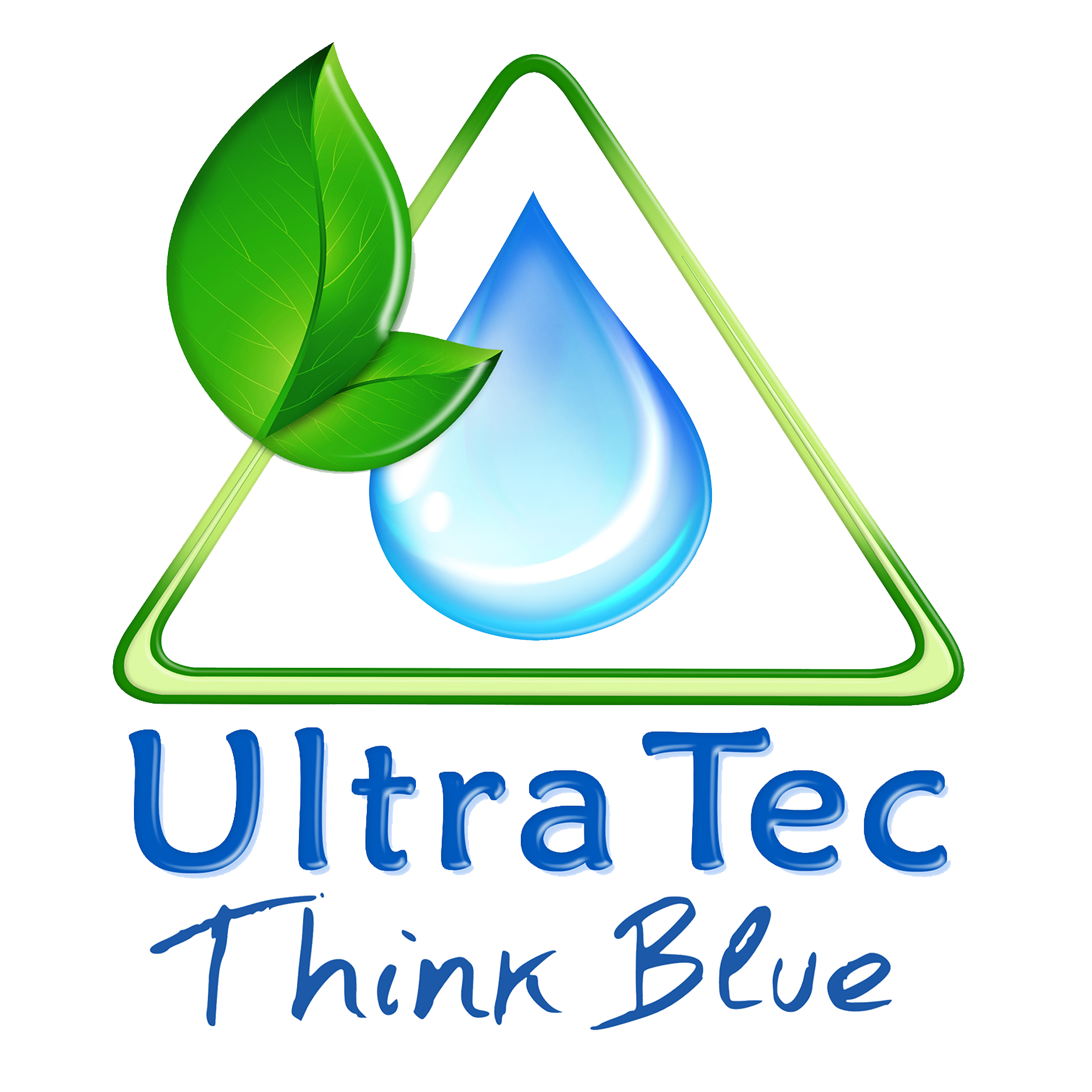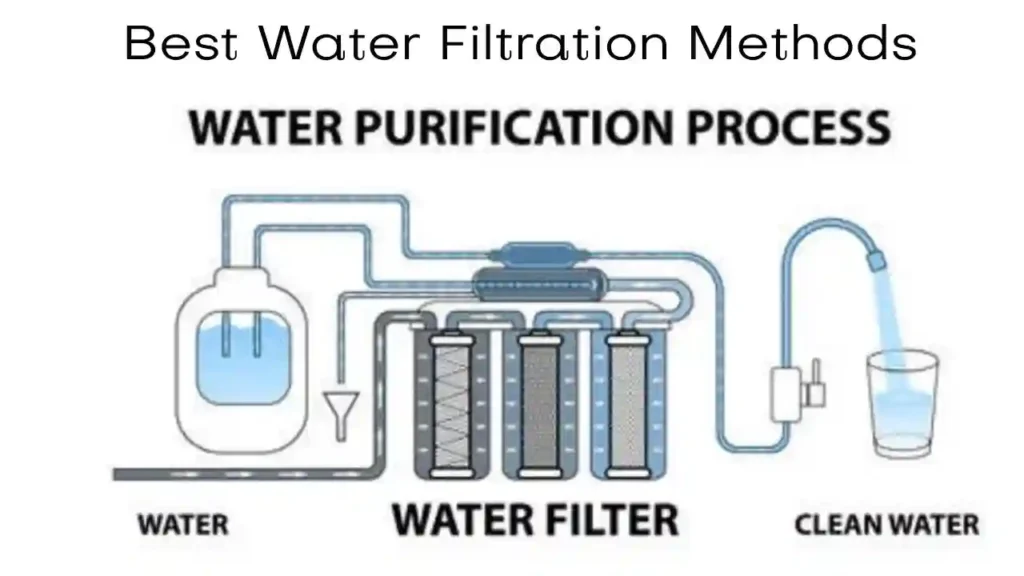Best Water Filtration Methods for Clean and clear water
Water, the foundation of life, is absolutely necessary for human survival and well-being. However, providing access to clean and safe water is a major global challenge, including in the UAE. With increasing urbanization, industrialization, and environmental challenges, the demand for effective water filtering systems has never been greater.
As a leading water treatment company in the UAE, RO Plant understands the significance of reliable water filtration systems in ensuring the health and safety of communities. In this comprehensive guide, we delve into the top water filtration methods available in the UAE, shedding light on their effectiveness, benefits, and suitability for various applications.
Types of Water Filtration Methods for Clean and clear water
Reverse Osmosis Filtration:
Reverse osmosis is a highly effective water filtration method that uses a semi-permeable membrane to remove impurities, contaminants, and dissolved solids from water. In the UAE, where water scarcity and high salinity levels pose significant challenges, RO filtration systems play a vital role in providing clean and potable water for domestic, commercial, and industrial purposes. RO technology ensures the removal of bacteria, viruses, heavy metals, and other harmful substances, making it one of the most trusted water purification methods in the region.
UV (ultraviolet) sterilization:
UV sterilization is another popular water treatment method employed in the UAE to eliminate harmful microorganisms and pathogens from water. UV light effectively disrupts the DNA of bacteria, viruses, and protozoa, rendering them unable to reproduce and causing infections. This non-chemical process is particularly suitable for disinfecting drinking water, swimming pools, and wastewater, offering a reliable and environmentally friendly solution for water purification.
Activated Carbon Filtration:
Activated carbon filtration is widely used in the UAE to remove organic compounds, chlorine, odors, and unpleasant tastes from water. This filtration method relies on the porous structure of activated carbon to adsorb impurities and contaminants, leaving behind clean and refreshing water. Activated carbon filters are commonly integrated into household water purifiers, point-of-use systems, and large-scale treatment plants, providing an affordable and efficient solution for improving water quality.
Ultrafiltration (UF) Membrane Filtration:
Ultrafiltration is a membrane-based filtration process that operates on the principle of size exclusion to remove particles, colloids, and microorganisms from water. UF membranes feature pore sizes smaller than those of conventional filters, allowing for the retention of bacteria, viruses, and suspended solids while allowing water molecules to pass through. UF technology is extensively used in the UAE for treating brackish water, seawater, and wastewater, offering a sustainable and energy-efficient solution for water purification.
Ion Exchange Resin Filtration:
Ion exchange resin filtration is a chemical process used to remove dissolved ions, minerals, and hardness from water by exchanging them with other ions present in the resin. This method is particularly effective in softening hard water, reducing scaling, and improving the taste and clarity of water. Ion-exchange resins are commonly employed in residential, commercial, and industrial water treatment systems, providing a cost-effective solution for addressing water quality issues.
FAQs
- What is water filtration?
Water filtration is the process of removing impurities, contaminants, and particles from water to make it safe for consumption, industrial use, or other purposes. Filtration methods vary depending on the type and level of contaminants present in the water. - Why is water filtration important?
Water filtration is important for several reasons. It helps to remove harmful substances such as bacteria, viruses, chemicals, and heavy metals from water, making it safe to drink and use. Filtration also improves the taste, odor, and clarity of water, enhancing its overall quality. - What are the different types of water filtration methods?
There are several types of water filtration methods, including:
Reverse Osmosis (RO) Filtration
Activated carbon filtration
UV (ultraviolet) sterilization
Ultrafiltration (UF) membrane filtration
Ion exchange resin filtration
Each method has its own unique advantages and applications, depending on the specific requirements and characteristics of the water source. - How does reverse osmosis (RO) filtration work?
Reverse osmosis filtration involves passing water through a semipermeable membrane that selectively removes impurities, contaminants, and dissolved solids. The membrane allows water molecules to pass through while blocking larger molecules such as salts, minerals, and pollutants. RO filtration is highly effective in producing clean and pure water for drinking and various industrial processes. - Is UV sterilization an effective water treatment method?
Yes, UV sterilization is a highly effective method for disinfecting water and eliminating harmful microorganisms such as bacteria, viruses, and protozoa. UV light damages the DNA of microorganisms, preventing them from reproducing and causing infections. UV sterilization is a chemical-free and environmentally friendly process that is commonly used in water treatment plants, residential purifiers, and recreational facilities. - What are the benefits of using activated carbon filtration?
Activated carbon filtration is beneficial for removing organic compounds, chlorine, odors, and unpleasant tastes from water. Activated carbon has a porous structure that absorbs impurities and contaminants, resulting in cleaner and better-tasting water. This filtration method is widely used in household water purifiers, point-of-use systems, and large-scale treatment plants due to its affordability and effectiveness. - How can I choose the right water filtration system for my needs?
Choosing the right water filtration system depends on factors such as the quality of your water source, the specific contaminants present, your budget, and your water usage requirements. It’s advisable to conduct water quality testing and consult with a water treatment expert to determine the most suitable filtration method for your needs. - Are water filtration systems maintenance-intensive?
The maintenance requirements of water filtration systems vary depending on the type and complexity of the system. Some systems may require regular cleaning, filter replacement, and periodic servicing to ensure optimal performance and longevity. It’s important to follow the manufacturer’s guidelines and schedule routine maintenance to keep your filtration system operating efficiently. - Can water filtration systems remove all contaminants from water?
While water filtration systems are highly effective at removing a wide range of contaminants, including bacteria, viruses, chemicals, and particulate matter, they may not eliminate all contaminants entirely. Certain contaminants may require specialized treatment methods or multiple filtration stages for complete removal. It’s essential to understand the limitations of your filtration system and address any specific concerns regarding water quality. - Where can I find reliable water filtration systems and services?
Reliable water filtration systems and services are available from reputable water treatment companies, such as RO Plant Water Treatment Company. By choosing a trusted provider with expertise in water treatment technology, you can ensure access to high-quality filtration systems tailored to your specific needs and requirements.

